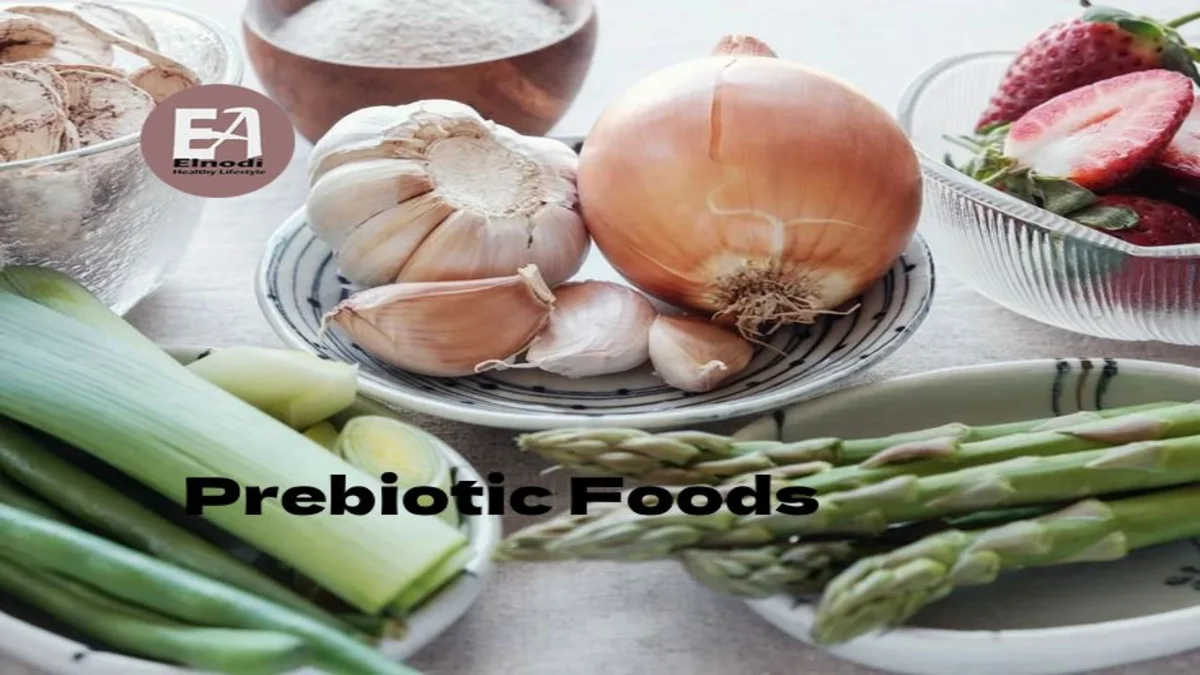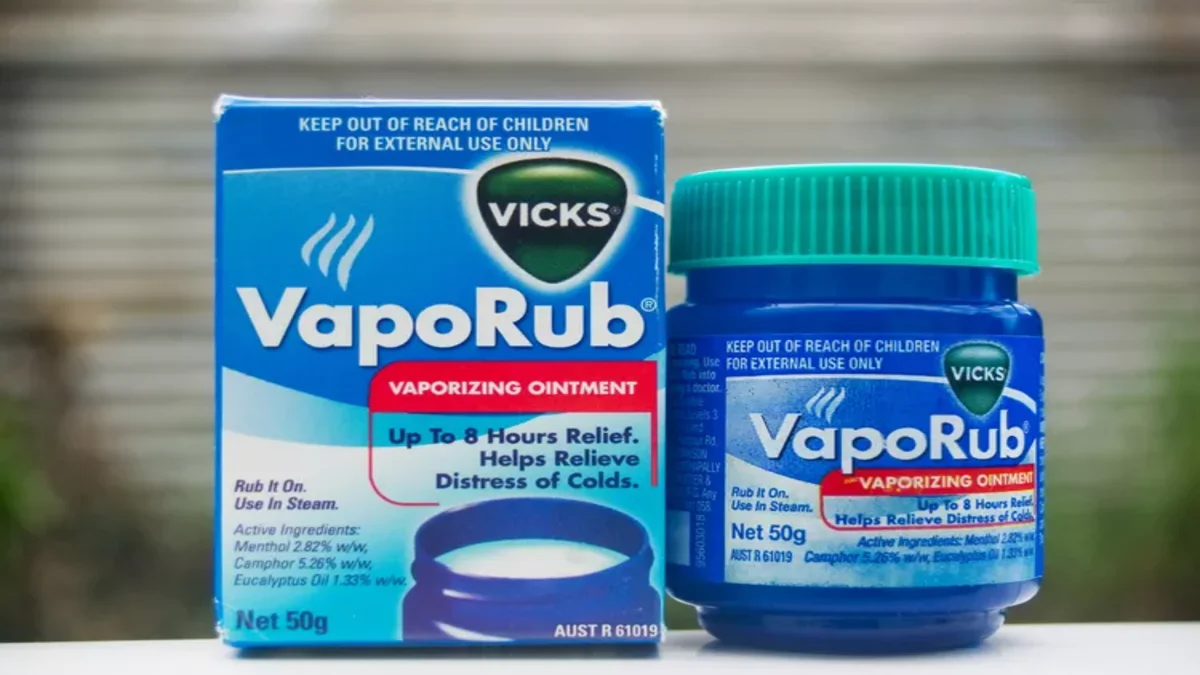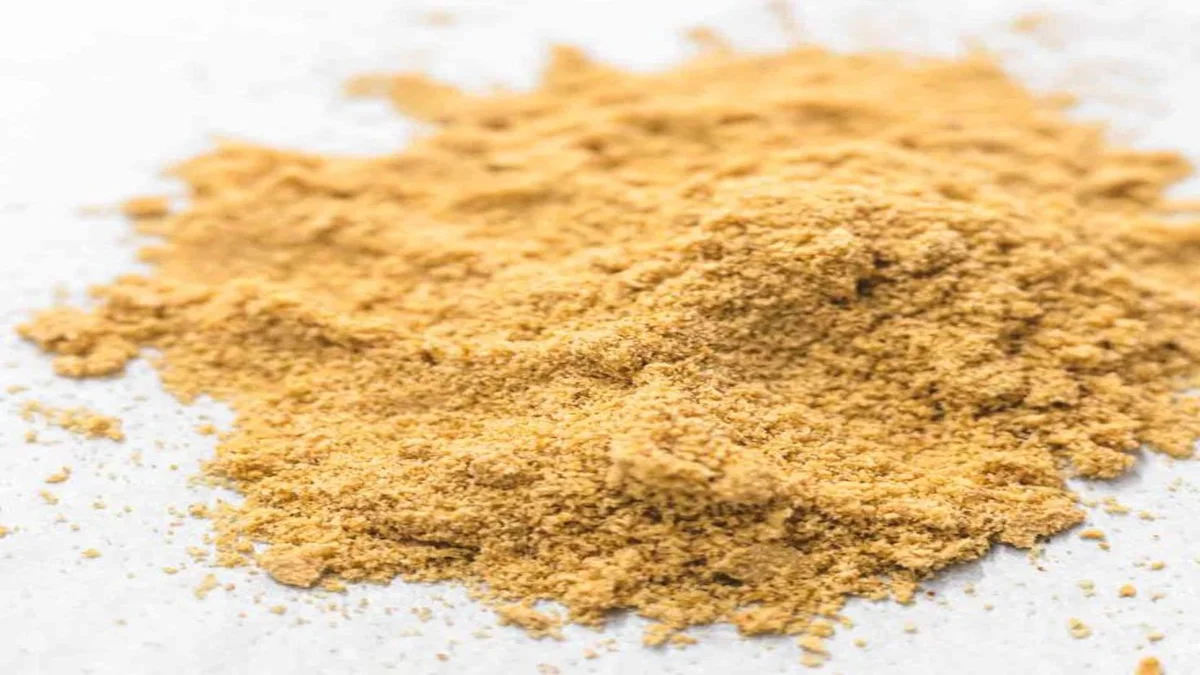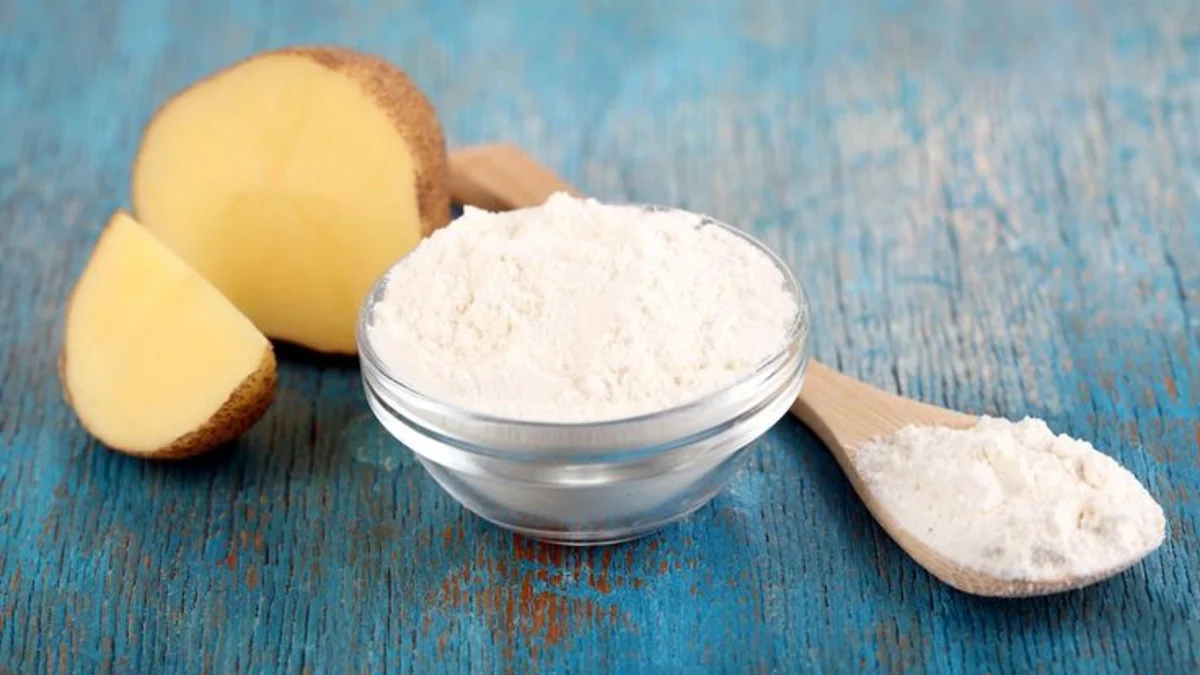Introduction
Have you ever wondered how your gut health impacts your overall well-being?
The answer lies in the world of prebiotic foods.
In today’s fast-paced society, where processed foods reign supreme, incorporating prebiotic foods into your diet can offer a myriad of benefits.
But what exactly are prebiotics, and why are they crucial for optimal health?
What Are Prebiotics?
Prebiotics are primarily forms of carbohydrates that your body does not break down; instead, they serve as nourishment for probiotics, the good bacteria that live in your digestive tract.
The gut microbiota ferments prebiotics to produce short-chain fatty acids like butyric and lactic acid, which have been linked to several health advantages. Additionally, they promote the development of probiotics in the digestive system, which may benefit other areas of health as well.
“Prebiotics are one of the best things for your gut microbiome and a big reason you want to eat more fiber,” says registered dietitian Amanda Sauceda, who focuses on gut health and is based in Long Beach, New York. Prebiotics have been studied for their several potential health advantages, from supporting improved blood sugar regulation to bolstering digestive health, according to Sauceda.
“Many of these advantageous prebiotics that can support a healthy gut microbiome are found in whole plant foods like fruits, vegetables, whole grains, nuts, and seeds,” explains Desiree Nielsen, a Vancouver-based plant-based dietitian and author of Good For Your Gut. To maintain gut health, prebiotics can also be found in some supplements, either by themselves or in combination with other components like probiotics.
What Are the Benefits of Prebiotic Foods?
Prebiotic Foods: Helping You Achieve Optimal Health
Prebiotic foods could be the key to unlocking a healthier you.
By fueling the beneficial bacteria in your gut, these foods offer a myriad of benefits that can enhance your quality of life.
One of the primary advantages of incorporating prebiotic foods into your diet is improved digestion.
These foods serve as a source of fuel for the good bacteria in your gut, promoting a healthy balance of microorganisms.
This, in turn, can help alleviate digestive issues such as bloating, gas, and constipation.
Moreover, prebiotic foods have been linked to enhanced nutrient absorption.
By supporting a healthy gut environment, these foods enable your body to absorb essential nutrients more efficiently, ensuring that you get the most out of the food you eat.
Additionally, consuming prebiotic foods may boost your immune system.
A healthy gut flora is crucial for overall immune function, and prebiotic foods play a vital role in nurturing a diverse and robust microbiome.
In summary, by incorporating prebiotic foods into your diet, you can support your gut health, improve nutrient absorption, and strengthen your immune system for overall well-being.
The Best Prebiotic Foods You Should Eat
The best prebiotic foods can help support the growth of beneficial bacteria in your digestive system.
These foods contain fiber that cannot be digested by your body but instead acts as fuel for the good bacteria living in your gut.
These foods are not only delicious but also packed with beneficial nutrients that promote a healthy gut microbiome.
1. Chicory Root
Unleash the Power of Prebiotic Foods for a Healthier Gut
The key to optimal gut health lies in prebiotic foods.
By nourishing the beneficial bacteria in your gut, prebiotics like chicory root play a crucial role in supporting digestion and overall well-being.
When it comes to prebiotic foods, chicory root stands out for its impressive health benefits.
Packed with inulin, a type of fiber that serves as a fuel source for your gut bacteria, chicory root helps promote a healthy balance of microflora in your digestive system.
By including chicory root in your diet, you can enhance nutrient absorption, boost immunity, and reduce inflammation.
Incorporating chicory root into your meals can be as simple as adding it to your salads, soups, or smoothies.
Whether enjoyed raw or cooked, this versatile prebiotic food can effortlessly elevate the nutritional value of your dishes while supporting your gut health.
2. Asparagus
As you explore the world of prebiotic foods, have you ever considered the benefits of asparagus?
This delicious vegetable not only delights taste buds but also offers incredible health advantages.
Asparagus is rich in inulin, a powerful prebiotic fiber that promotes the growth of beneficial bacteria in the gut, aiding digestion and supporting overall gut health.
The high fiber content in asparagus also helps regulate blood sugar levels, making it an excellent choice for individuals managing diabetes or seeking to improve insulin sensitivity.
Additionally, asparagus is packed with essential nutrients like vitamins A, C, E, and K, as well as minerals such as folate and chromium, all of which contribute to a well-rounded diet and optimal health.
By incorporating asparagus into your meals, you can enhance your gut microbiome, improve digestion, and boost your overall wellness.
Whether grilled, roasted, or steamed, this versatile vegetable can easily be incorporated into various dishes, adding flavor and nutrition to your plate.
So why not add some delicious asparagus to your next meal and reap the numerous health benefits it has to offer?
3. Garlic
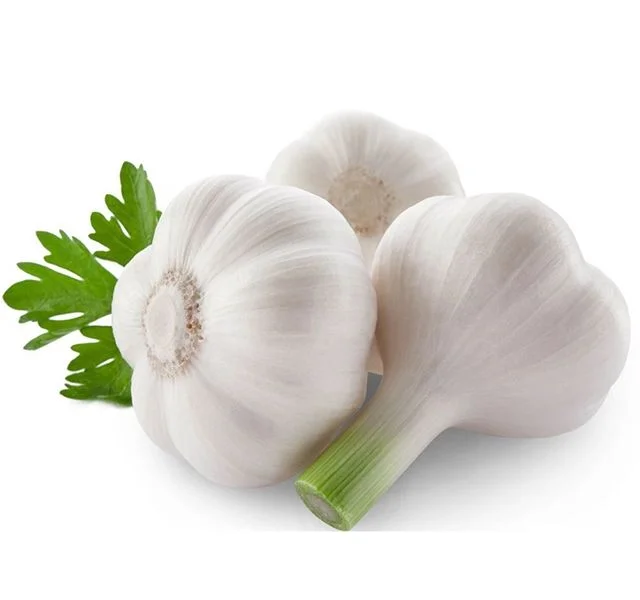
Prebiotic foods play a crucial role in nourishing the beneficial bacteria in your digestive system.
When it comes to prebiotics, garlic is a superstar.
Garlic, known for its distinct flavor and aroma, is not just a delicious addition to your meals but also a potent prebiotic.
Rich in inulin, a type of fiber that serves as food for beneficial gut bacteria, garlic helps promote a healthy gut microbiome.
By consuming garlic regularly, you can support the growth of good bacteria in your gut, which in turn can enhance digestion and boost your overall well-being.
In addition to garlic, other prebiotic foods like onions, bananas, and asparagus can also work wonders for your gut health.
Including these foods in your diet can help maintain a balanced gut flora, support immune function, and improve nutrient absorption.
4. Green Bananas
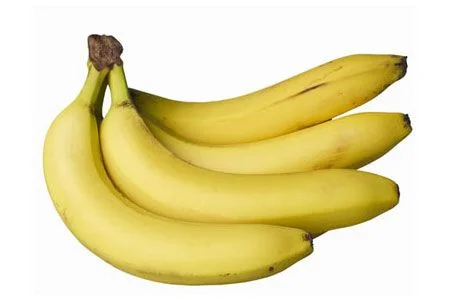
Incorporating prebiotic foods into your diet can be the key to achieving optimal health.
By focusing on prebiotic foods, such as green bananas, you provide your body with the necessary nutrients to support the growth of healthy gut bacteria.
Green bananas are rich in resistant starch, a type of fiber that can’t be fully digested in the small intestine, leading to enhanced digestion and improved gut health.
In addition to being a great source of prebiotics, green bananas are also packed with essential vitamins and minerals like potassium and vitamin C.
These nutrients not only support your overall health but also contribute to a stronger immune system and better digestion.
Including green bananas in your diet can be a simple yet effective way to boost your prebiotic intake.
Whether eaten raw, cooked, or incorporated into smoothies and baked goods, green bananas offer a versatile and tasty option for promoting gut health.
5. Jerusalem Artichoke
Well, let me introduce you to a lesser-known superfood that fits this description perfectly – it’s the Jerusalem artichoke!
When it comes to boosting gut health and promoting overall well-being, Jerusalem artichokes are a top contender in the world of prebiotic foods.
Packed with inulin, a type of fiber that acts as a fuel source for beneficial gut bacteria, these tubers can work wonders for your digestive system.
By incorporating Jerusalem artichokes into your diet, you can enhance the balance of your gut microbiota, improve digestion, and even strengthen your immune system.
Not to mention, these versatile veggies can be enjoyed roasted, sautéed, or even blended into soups for a delicious and nutritious twist.
So, if you’re looking to take your gut health to the next level, be sure to add Jerusalem artichokes to your shopping list.
Your taste buds and your microbiome will thank you!
6. Legumes
By incorporating prebiotic-rich foods into your diet, such as legumes, you can promote a healthy gut microbiome.
Legumes, including beans, lentils, and chickpeas, are powerhouse prebiotic foods packed with fiber and nutrients.
These plant-based wonders not only support gut health but also offer a range of other health benefits.
Whether you prefer a hearty bean salad, a comforting bowl of lentil soup, or a zesty chickpea curry, there are endless delicious ways to enjoy legumes and boost your prebiotic intake.
In addition to promoting gut health, legumes are a great source of protein, vitamins, and minerals.
They can help regulate blood sugar levels, lower cholesterol, and aid in weight management.
So why not add more legumes to your meals and reap the incredible benefits they have to offer?
Your gut will thank you!
7. Oats
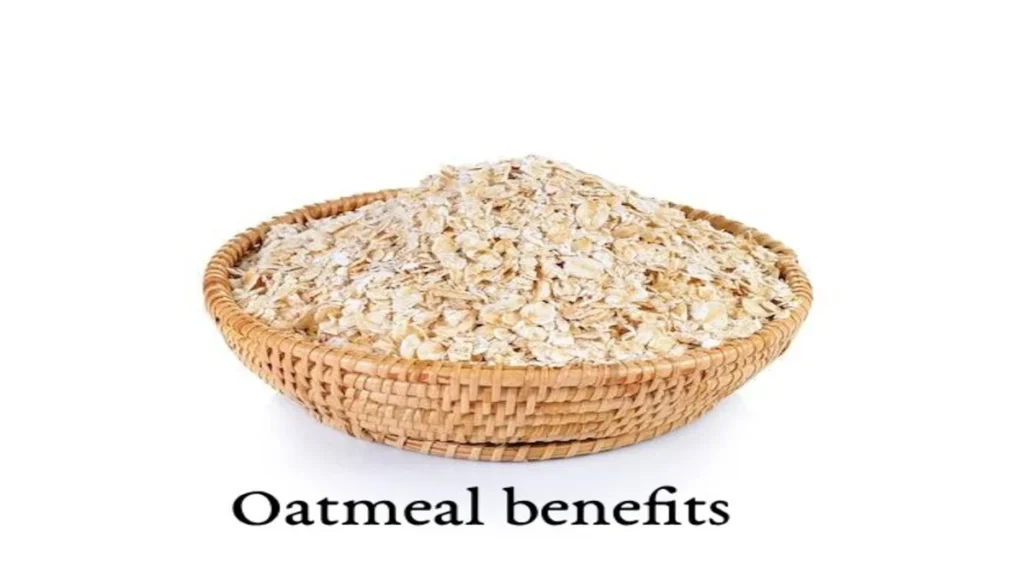
Consider adding oats to your daily diet.
Not only are oats a delicious and versatile ingredient, but they also offer a range of benefits that can support your optimal health.
By incorporating oats into your meals, you can enjoy a good source of prebiotic foods that help nourish the beneficial bacteria in your gut.
This, in turn, can improve digestion, boost immunity, and enhance nutrient absorption.
Additionally, oats are rich in fiber, which aids in promoting feelings of fullness, regulating blood sugar levels, and supporting heart health.
Furthermore, oats contain various vitamins, minerals, and antioxidants that contribute to their anti-inflammatory and disease-fighting properties.
Whether you prefer oats in the form of oatmeal, granola, or baked goods, there are numerous ways to include this nutrient-packed ingredient in your diet.
In conclusion, making oats a regular part of your diet can offer a wide array of health benefits, making it a smart choice for individuals looking to prioritize their well-being.
8. Apples
Apples are not just a tasty snack; they are also a great source of prebiotic fiber.
This fiber serves as food for the beneficial bacteria in your gut, promoting a healthy digestive system.
By including apples in your diet, you can support the growth of good bacteria in your gut, which is essential for optimal gut health.
Moreover, apples are rich in antioxidants, particularly flavonoids, which help reduce inflammation and protect your cells from damage.
They also contain vitamin C, keeping your immune system strong and vibrant.
Whether you prefer sweet Gala apples or tart Granny Smiths, there’s a variety to suit every palate.
So, next time you’re craving a snack, reach for an apple to satisfy your taste buds and nourish your body from the inside out.
9. Kiwifruit
Prebiotic foods play a crucial role in nourishing the good bacteria in your digestive system.
By incorporating these foods into your diet, you can enjoy improved digestion, better immunity, and overall well-being.
One of the best prebiotic foods to consider is kiwifruit.
Kiwifruit is not only a delicious and refreshing snack but also a powerhouse of nutrients.
It is packed with fiber, vitamins C and E, and other essential nutrients that support digestive health.
The high fiber content in kiwifruit helps promote regular bowel movements and prevents constipation.
Additionally, the unique combination of prebiotics in kiwifruit works wonders in nourishing the beneficial bacteria in your gut.
By including kiwifruit in your daily diet, you can support your digestive system and feel your best from the inside out.
Whether eaten on its own, blended into smoothies, or added to fruit salads, kiwifruit is a versatile and flavorful way to boost your prebiotic intake.
10. Potatoes
From comforting mashed potatoes to crispy fries, this starchy vegetable is a beloved staple worldwide.
Incorporating potatoes into your diet can promote gut health by fueling the growth of beneficial gut bacteria.
The resistant starch found in potatoes serves as food for these probiotic microbes, supporting a healthy digestive system.
Additionally, potatoes are rich in vitamins, minerals, and antioxidants, offering a range of health benefits beyond just their prebiotic properties.
By diversifying your potato preparations, you can enjoy a range of textures and flavors while reaping the nutritional benefits they offer.
Whether roasted, boiled, or baked, potatoes are a versatile ingredient that can enhance both savory and sweet dishes.
So, next time you savor a delicious potato dish, remember that you’re not just enjoying a tasty meal – you’re also nourishing your body with valuable prebiotics for optimal health.
Precautions of Prebiotic Foods
While these nutrient-packed foods offer numerous benefits, it’s essential to be mindful of some precautions.
Understanding how to navigate these potential pitfalls will help you make the most of your prebiotic-rich diet.
When incorporating prebiotic foods into your meals, start gradually to allow your body to adjust.
Some people may experience digestive discomfort such as bloating or gas initially.
By introducing these foods slowly, you can minimize these effects and give your gut time to adapt.
Additionally, be mindful of the quantity you consume.
While prebiotic foods are excellent for your microbiome, overconsumption can lead to digestive issues.
Strike a balance and ensure variety in your diet to reap the full benefits without overwhelming your system.
Lastly, if you have specific health conditions or allergies, consult with a healthcare professional before significantly increasing your intake of prebiotic foods.
They can provide personalized guidance to help you integrate these foods safely and effectively into your diet for optimal health.
Conclusion
Prebiotics are non-digestible fibers that feed the good bacteria in your gut, promoting a healthy balance of microorganisms essential for digestion and immune function.
Prebiotic foods help improve digestion, enhance nutrient absorption, boost immunity, and support mental health.
They also reduce inflammation and may aid in weight management.
Incorporating foods like garlic, onions, bananas, asparagus, and apples into your diet can provide a rich source of prebiotics to support your gut health.
While prebiotic foods offer numerous benefits, some individuals may experience digestive discomfort when consuming them in excess.
It’s essential to introduce these foods gradually into your diet to allow your gut to adjust.
FAQs
1. What food is highest in prebiotics?
2. How do I get enough prebiotics in my diet?
3. Is avocado a prebiotic?
References
- What You Need To Know About Prebiotics. Columbia University Department of Surgery. Accessed 09/21/2023.
- Davani-Davari D, et al. Prebiotics: Definition, Types, Sources, Mechanisms, and Clinical Applications. Foods. 2019;8(3):92.
- Slavin J. Fiber and Prebiotics: Mechanisms and Health Benefits. Nutrients. 2013;5(4):1417–1435.
- O’Connor LE, et al. Nonfood Prebiotic, Probiotic, and Synbiotic Use Has Increased in US Adults and Children From 1999 to 2018. Gastroenterology. 2021;161(2):476-486.e3.
- Probiotics: What You Need To Know. National Center for Complementary and Integrative Health. Accessed 09/21/2023.
- Perovíc J, et al. Chicory (Cichorium intybus L.) As a Food Ingredient – Nutritional Composition, Bioactivity, Safety, and Health Claims: A Review. Food Chem. 2021;336:127676.
- Peng J, et al. Plant-Derived Alkaloids: The Promising Disease-Modifying Agents for Inflammatory Bowel Disease. Front Pharmacol. 2019;10:351.
- Hamdi A, et al. Asparagus Fructans as Emerging Prebiotics. Foods. 2023;12(1):81.
- Ansary J, et al. Potential Health Benefit of Garlic Based on Human Intervention Studies: A Brief Overview. Antioxidants (Basel). 2020;9(7):619.
- Hughes RL, et al. The Prebiotic Potential of Inulin-Type Fructans: A Systematic Review. Adv Nutr. 2022; 13(2):492–529.
- Bojarczuk A, et al. J Funct Foods. Health Benefits of Resistant Starch: A Review of the Literature. 2022;93:105094.
- Phillips KM, et al. Dietary Fiber, Starch, and Sugars in Bananas at Different Stages of Ripeness in the Retail Market. PLoS One. 2021;16(7):e0253366.
- Cichońska P, Ziarno M. Legumes and Legume-Based Beverages Fermented with Lactic Acid Bacteria as a Potential Carrier of Probiotics and Prebiotics. Microorganisms. 2021;10(1):91.
- Mei Z, et al. Biological Activity of galacto-oligosaccharides: A Review. Front Microbiol. 2022;13:993052.
- Ciecierska A, et al. Nutraceutical Functions of Beta-Glucans in Human Nutrition. Rocz Panstw Zakl Hig. 2019;70(4):315-324.
- Ribeiro JA, et al. Application of Prebiotics in Apple Products and Potential Health Benefits. J Food Sci Technol. 2022;59(4):1249–1262.
- Fruits, Vegetables, and Prebiotics: A Tasty Way to a Healthy Gut. Department of Veteran Affairs. Accessed 09/21/2023.
- Symptoms & Causes of Irritable Bowel Syndrome. National Institute of Diabetes and Digestive and Kidney Diseases. Accessed 09/21/2023.
- Sorathia SJ, et al. Small Intestinal Bacterial Overgrowth. Treasure Island (FL): StatPearls Publishing; 2023.
- Gibson PR, et al. Review Article: FODMAPs, Prebiotics, and Gut Health Fodmap Hypothesis Revisited. Aliment Pharmacol Ther. 2020;52(2):233-246.
Disclaimer: The information provided here is for educational/awareness purposes only and is not intended to be a substitute for medical treatment by a healthcare professional and should not be relied upon to diagnose or treat any medical condition. The reader should consult a registered medical practitioner to determine the appropriateness of the information before consuming any medication. Elnodi does not provide any guarantee or warranty (express or implied) regarding the accuracy, adequacy, completeness, legality, reliability, or usefulness of the information; and disclaims any liability arising thereof.


